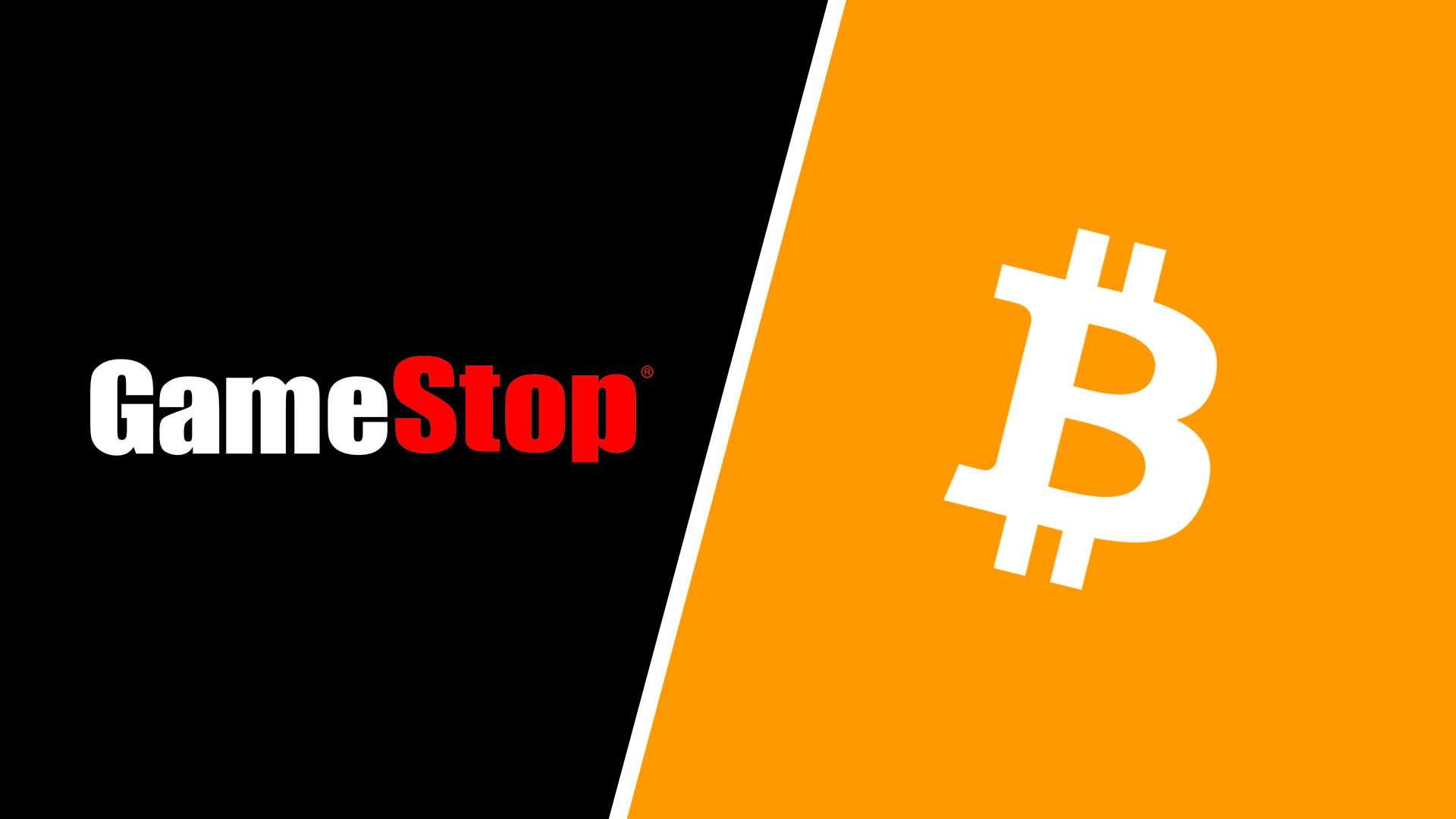On March 26, 2025, GameStop (GME), the video game retailer famous for its meme stock surge, unveiled an ambitious plan to raise $1.3 billion through convertible senior notes to purchase Bitcoin (BTC). Announced just 24 hours after hinting at adding Bitcoin to its balance sheet, this move signals a major shift under CEO Ryan Cohen’s vision. With the crypto market buzzing and Bitcoin climbing back to $87,000 post-dip, GameStop’s Bitcoin debt strategy is spotlighted as a bold gamble on digital currencies.

Details of the Convertible Debt Issuance
GameStop’s $1.3 billion raise features convertible senior notes with a 0% coupon rate and a five-year term, maturing in 2030. Unlike standard bonds, these convertible notes BTC carry no interest, allowing investors to swap debt for GME shares later, based on stock price terms set at issuance. The company also offered underwriters a greenshoe option to buy an additional $200 million, potentially lifting the total to $1.5 billion. Per the press release, net proceeds will support “general corporate purposes,” with a clear emphasis on acquiring Bitcoin.
This tactic echoes MicroStrategy’s approach under Michael Saylor, which has raised billions in convertible debt to stockpile over 470,000 BTC. GameStop joins firms like Semler Scientific, MARA Holdings, and Riot Platforms in using debt to boost Bitcoin treasuries, though it hasn’t detailed its exact BTC purchase volume, fueling speculation.
Ryan Cohen’s Strategic Pivot
Under Ryan Cohen’s leadership, GameStop is tapping its $4.76 billion cash pile from Q4 2024 to pivot from its faltering retail model. The company shuttered 590 U.S. stores in fiscal 2024, with more closures slated for 2025 amid the rise of digital gaming. By adopting Bitcoin, Cohen seems to emulate Saylor’s blueprint, aiming to morph GameStop into a retail-crypto hybrid via his Ryan Cohen crypto strategy.
The move follows subtle hints, like Cohen’s February photo with Saylor at Mar-a-Lago, which ignited rumors of a Bitcoin shift. Using debt to fund BTC speculation preserves cash for operations, a play analysts view as both savvy and volatile given Bitcoin’s price swings.
Market Response and Broader Impact

GameStop’s stock jumped 16% on March 25 after the Bitcoin treasury tease but fell 7% in after-hours trading post-debt news, amid dilution concerns and Bitcoin’s brief drop to $86,000. BTC’s rebound to $87,000 suggests market strength. This trend of corporate Bitcoin adoption may hint at growing acceptance among public companies, especially with crypto-friendly policies emerging in 2025.
Conclusion
GameStop’s $1.3 billion convertible debt raise to invest in Bitcoin blends its retail past with crypto aspirations. Mirroring successes like MicroStrategy’s, its outcome rests on BTC’s trajectory and Cohen’s execution. As the GameStop Bitcoin debt plan unfolds, it highlights a rising corporate appetite for BTC, potentially reshaping GME’s role on Wall Street and in blockchain.

